|
Nigerians go to the polls on Saturday in the first of two sets of elections to choose their president, national assembly and state legislators. It is easily Africa’s most complex logistical undertaking – 84 million voters, 119,974 polling units and the threat of sporadic security disruptions. Among the 73 presidential candidates is incumbent Muhammadu Buhari who failed in his four-year first term to defuse long-standing security threats – including Boko Haram. He still has the edge in what is billed as a two horse race in spite of also failing to fix the country’s economic problems. It remains to be seen whether Nigeria will overcome it’s history of dodgy elections and reclaim its deserved place in the eyes of the world.
|
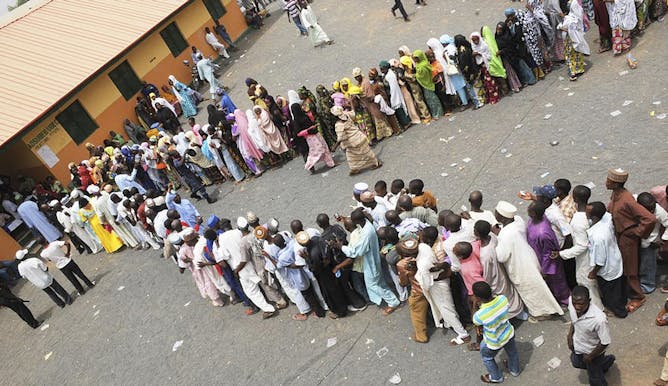
Nigerians get ready to cast their vote on February 16.
EPA-EFE/Stringer
Olayinka Ajala, University of York
More than half of Nigeria's 51% registered voters are aged between 18-35 years.
|
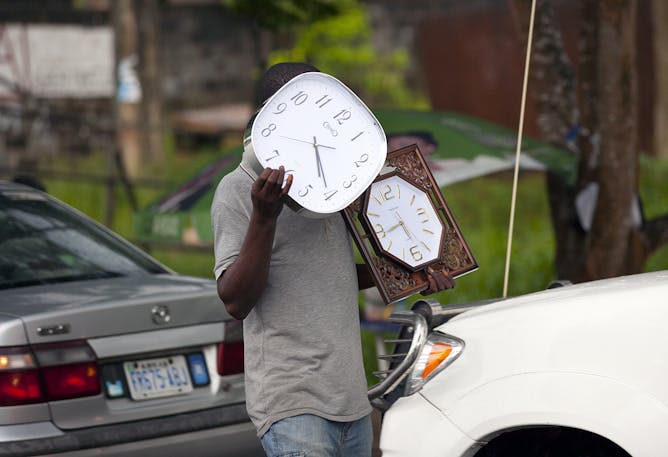
A hawker sells clocks on a roadside in Nigeria’s oil rich Bayelsa state.
EPA/Tife Owolabi
Stephen Onyeiwu, Allegheny College
Most of the things Nigerians complained about in 2015 are still unresolved -- unemployment, poverty and economic disempowerment.
|
|
|
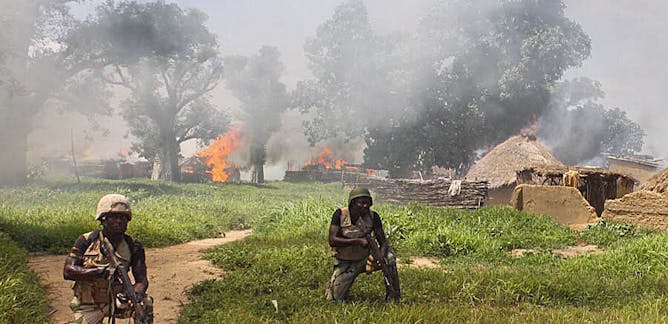
Olayinka Ajala, University of York
Nigerian President Muhammadu Buhari is hoping to be reelected but he's fallen short on the country's security challenges.
| |
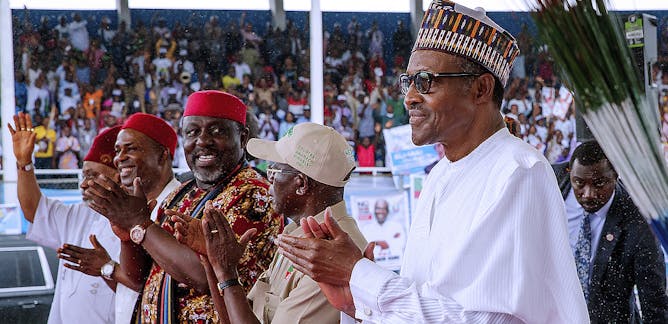
Ini Dele-Adedeji, SOAS, University of London
There are question marks over whether Nigeria's upcoming elections will be credible.
|
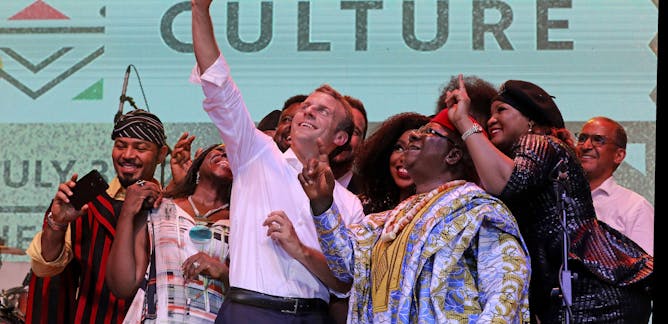
Oluwaseun Tella, University of Johannesburg
One of the most potent promoters of Nigeria's cultural soft power is arguably Nollywood.
| |
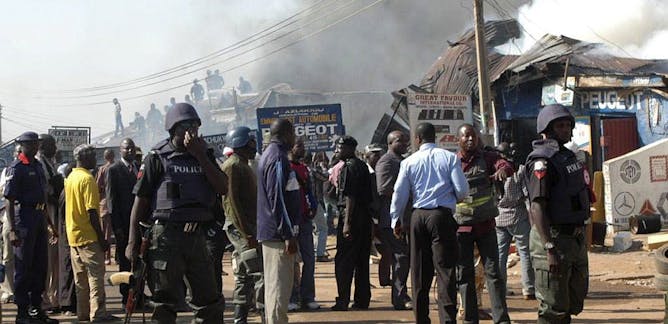
Damilola Agbalajobi, Obafemi Awolowo University
Kaduna State in Nigeria has been the scene of ethnic and religious violence for years and there seems to be no end in sight.
|
|
|
Energy + Environment
|
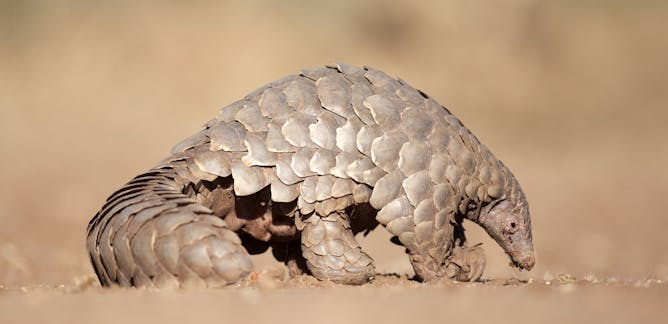
Daniel J Ingram, UCL
Pangolins are one of the most trafficked wild mammals in the world.
| |
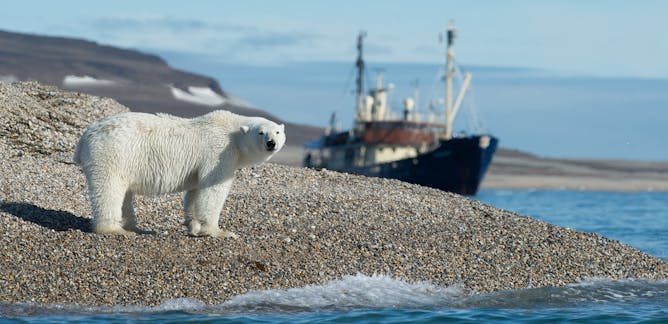
Niki Rust, Newcastle University
Polar bears 'invading' a Russian village have renewed concern over climate change in the Arctic, but human-wildlife conflicts are flaring up everywhere.
|
|
|